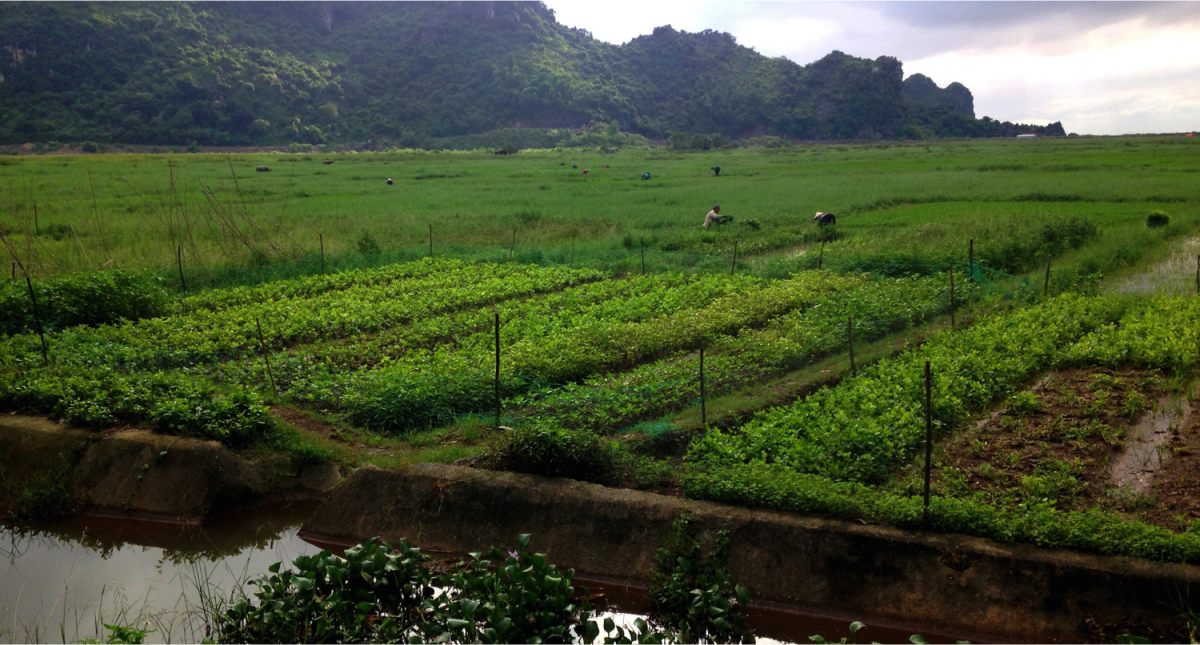April 28, 2016
By Sarah Day Levesque
After four years and 11 investments in Indian agtech ventures, Omnivore Partners is wrapping up Fund 1 with sights set on a second fund.
The India-based firm, founded in 2010 by Mark Kahn and Jinesh Shah, launched Fund 1 in April 2012 with a focus on start-up technologies for food and ag. The fund held a US$38.8 million close in 2013 and has since deployed approximately 75% of the fund’s capital across 11 transactions. Portfolio companies primarily represent agtech ventures, such as M.I.T.R.A. and Retigence Technologies, but also include innovative food processing companies like Y-Cook. Omnivore may consider one more investment but the remainder of the capital from the Fund will be used for follow-on with existing investments.
The firm expects to be with portfolio companies for four to five years and overall the fund is on track to generate 4X returns. Mark Kahn tells GAI News that the fund is about a year away from its first exit, with two to three more expected in the following two years.
Embarking on Fund 2
With Fund 1 wrapping up, Omnivore plans to formally launch a second fund dedicated to ag and food tech in the next few months. Paperwork for Fund 2 has been filed with the Securities and Exchange Board of India (SEBI) and is awaiting approval. Unlike Fund 1, which raised all of its capital within India, Fund 2 will fundraise from both Indian and foreign investors and Fund 2 will be larger than Fund 1 with a target of US$70 million.
From a strategy perspective, Kahn explains, “There are some small changes (in Fund 2) but it’s really the lessons learned from Fund 1 being applied as opposed to an overall macro change in strategy.”
Two significant lessons learned that will be applied to Fund 2 include time horizon and location. Kahn explains, “We understand now that the amount of runway that deals need in India to reach the stage where they can be syndicated with deeper larger generalists funds is a lot longer than we originally thought. We’re incorporating that into the next fund.”
He adds, “We’ve seen companies that are in start-up hubs like Bengalore, Delhi or Pune find it easier to do all these things.” As a result Fund 2 will focus more on these start-up hubs for investments.
Investments in agtech intervention
Kahn identifies three agtech interventions of particular interest to Omnivore: application of precision agriculture, biologicals and food tech. He’s bullish on the application of precision agriculture for smallholder farmers with specific focus on the kind of information and sensor tools that bring transparency and decision support. Omnivore has already made investments in this space via Fund 1 and Kahn expects it will do more in this area.
The biological space, focused on naturally occurring solutions that can be used to improve crop health and productivity, is another promising field that Kahn sees as the next generation of agricultural inputs.
Omnivore also has a keen interest in foodtech innovations, as evidenced by one of its latest investments in Y-Cook. Kahn explains that Omnivore will look for branded foods that are either, from a health perspective or a perishability perspective, optimized for evolving Indian diets and consumer needs. For example, with a severely inadequate cold chain in India, portfolio company Y-Cook uses flash cooking technology to address perishability. The technology allows for fresh produce, either in the form of snacks or ready-to-cook ingredients, to be flash frozen, which makes products ambient shelf stable to 6-12 months.
India’s agricultural system revolves around millions of smallholder farmers. Because of this, every start-up Omnivore looks to invest in is focused on the smallholder as a customer. If the technology can win over the smallholder, then in five years it may be able to compete in larger markets only at a price point that is completely disruptive to the larger players.

Let GAI News inform your engagement in the agriculture sector.
GAI News provides crucial and timely news and insight to help you stay ahead of critical agricultural trends through free delivery of two weekly newsletters, Ag Investing Weekly and AgTech Intel.




